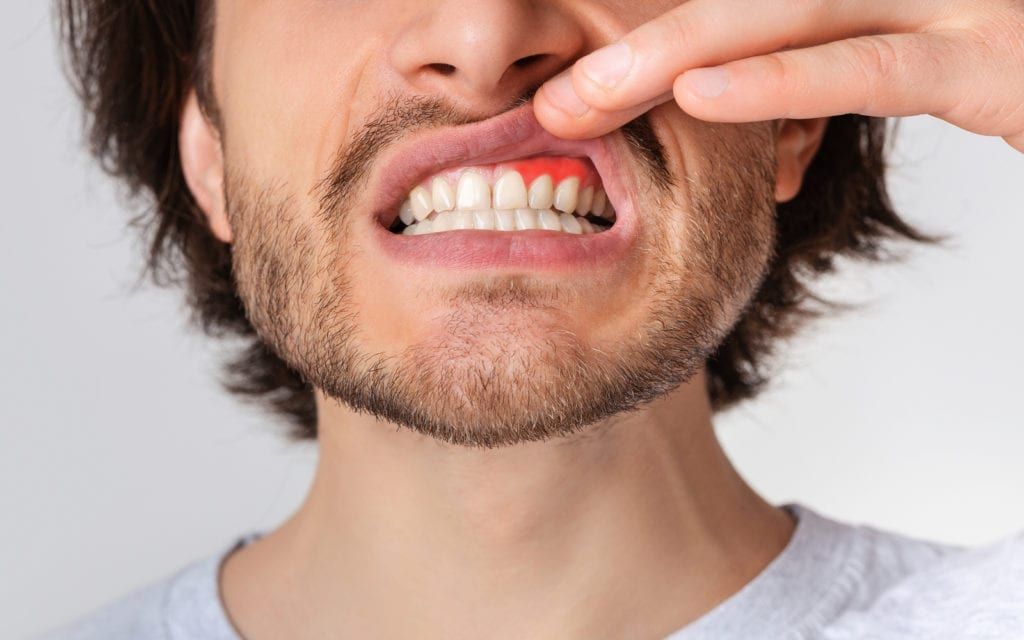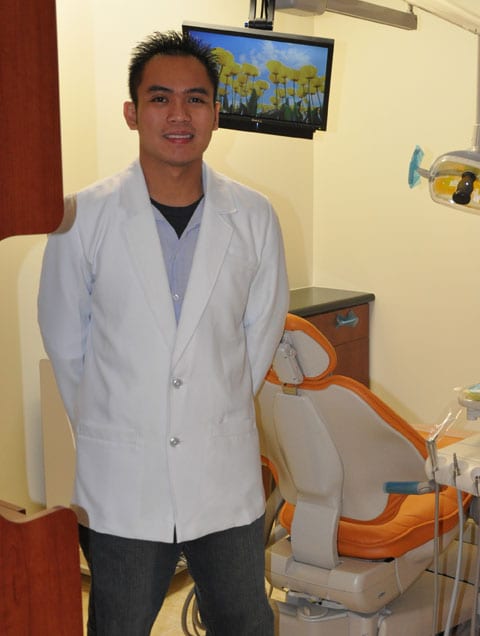Poor oral health can have dire consequences when not overlooked. Cavities, tooth loss, and TMJ pain are some of the most common conditions people encounter. Still, diseases such as periodontal disease can potentially indicate a link towards other health problems in the future. Cancer and periodontal disease have been linked through multiple studies. Because our mouth is one of the leading indicators of our general health, many scientists have claimed that with the prevalence of gum disease, cancer risk in later life could increase. But does this connection have any value? We explore this connection for those worried about their dental health and offer our advice on how to prevent periodontal disease.
The Link Between Cancer and Periodontal Disease
As the most advanced form of gingivitis, periodontal disease occurs due to the ongoing development of plaque and the teeth and gums. Plaque is collected from multiple types of bacteria that degrade the teeth’ enamel and cause the gums to recede. When it attacks the gums, the gums become puffy, inflamed, red, and often bleed due to foreign bacteria’s presence within the mouth. Many factors come into play, including poor oral hygiene, hormone fluctuation, smoking, and other environmental factors. However, while many of these factors come into play in one form or another, studies have found evidence of the link between cancer and periodontal disease.
According to a study conducted by the Journal of Indian Society of Periodontology, the research provided has shown that the bacteria present within the pockets of the gums, which often contain the human papillomavirus, the Epstein Barr virus, and cytomegalovirus, are suspected agents that are commonly associated with oral cancer. The chronic inflammation associated with periodontal disease looks at the enzymes, cytokines, and prostaglandins’ growth factors and observes a connection with cancer development. Researchers concluded that compromised oral health could be a risk factor for carcinogenesis within the study, which can help potentially impact the understanding of oral cancer in its early developing stages.
What You Can Do To Lower The Risk
As always, good oral hygiene presents the number one way to prevent the onset of oral diseases such as tooth decay and cavities. Here are some of our medical suggestions for having a healthier mouth:
- Visit Your Dentist Regularly. By visiting your dentist, they can observe your oral health and give you the best treatments. Schedule an appointment with your dentist for any signs of gingivitis or gum disease as soon as possible.
- Brush and Floss. To help stop periodontal disease, brushing your teeth twice a day and flossing once a day will help remove many early warning signs of gingivitis will go away as the bacteria are slowly removed from the gums and teeth. Incorporating these habits into your day can help reduce the costs of treatment and help keep your teeth healthy.
- Quit smoking. Any use of tobacco or any product with nicotine in it will hurt your gums and teeth in the long run and heavily increase cancer risk.
By taking these steps, you can give your smile what it needs to keep you healthy long term.












